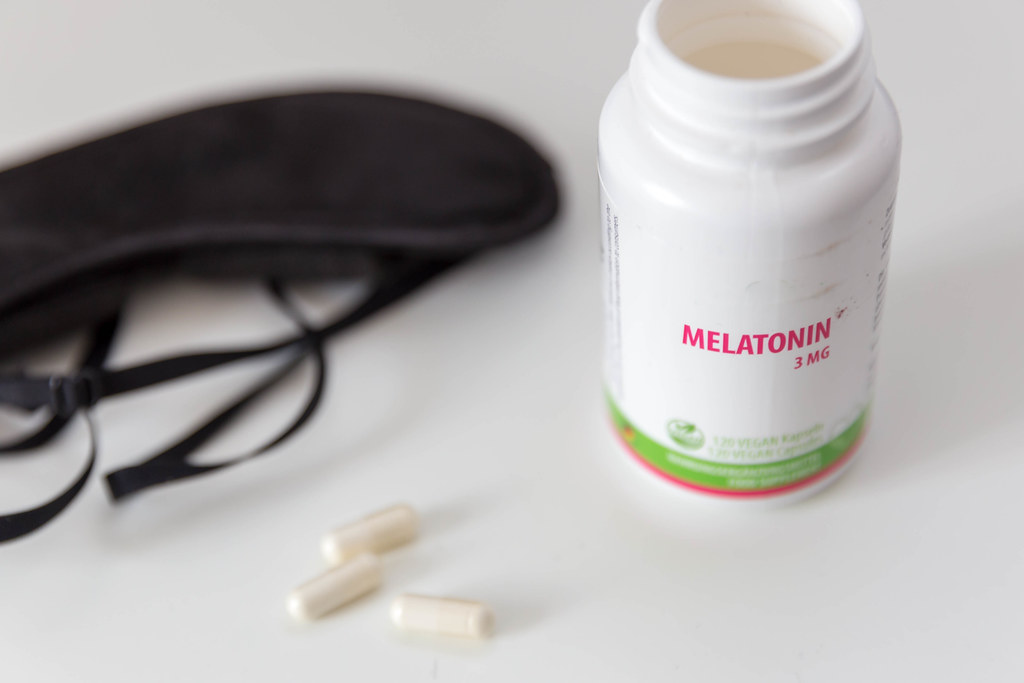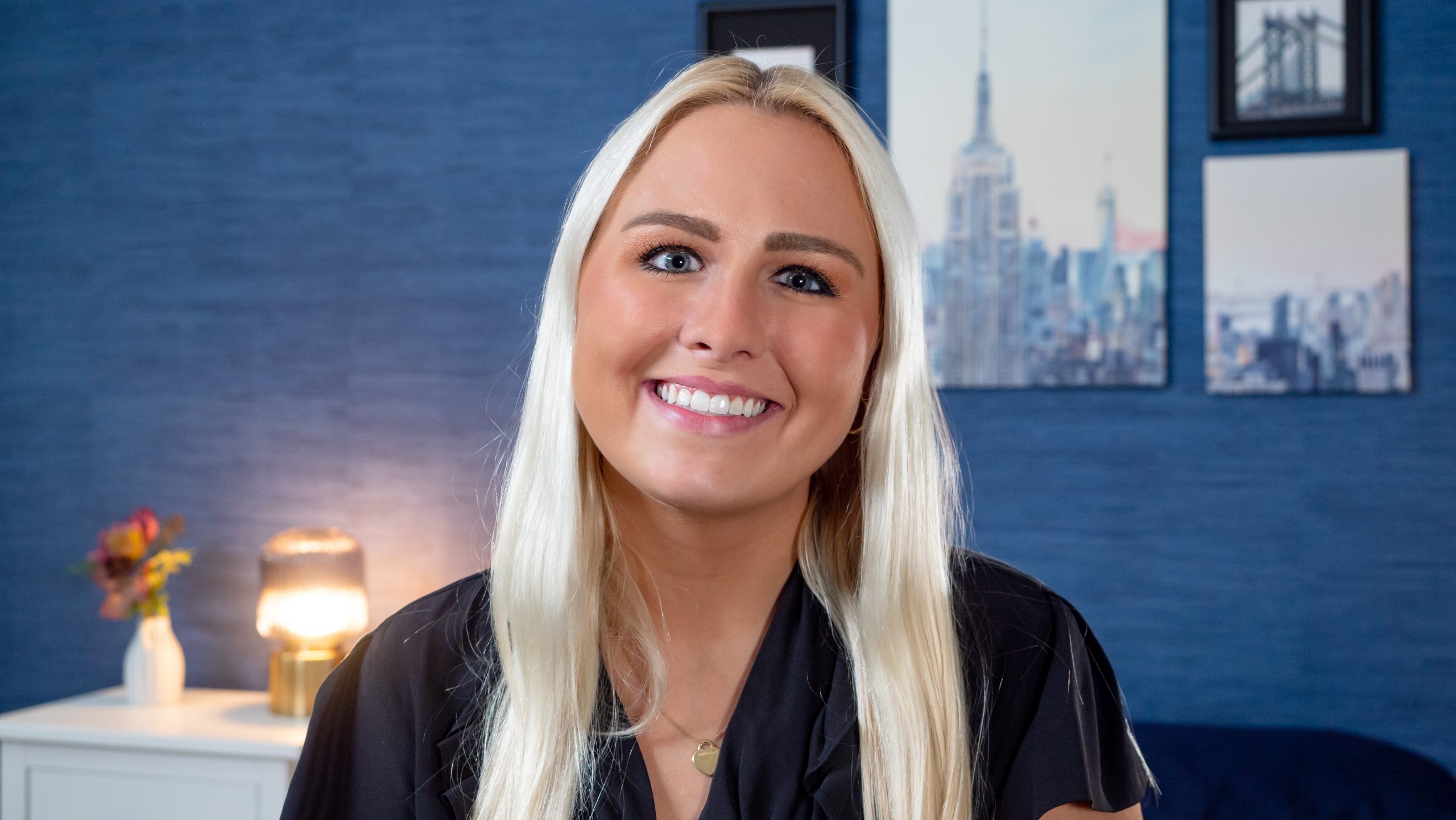 Most of us have been there. Perhaps you have a big day tomorrow and you want to ensure you get that full eight hours, or maybe you’ve been tossing and turning for an hour and you’re over it – so you pop a melatonin supplement into your mouth and shut your eyes once more.
Most of us have been there. Perhaps you have a big day tomorrow and you want to ensure you get that full eight hours, or maybe you’ve been tossing and turning for an hour and you’re over it – so you pop a melatonin supplement into your mouth and shut your eyes once more.
According to The National Center for Complementary and Integrative Health (within the U.S. Department of Health and Human Services), the hormone melatonin is produced within the brain as it reacts to darkness. It contributes to keeping your body’s internal clock (or circadian rhythm) on the right course. So, if you’re exposing yourself to light at nighttime, like a cellphone, the production of this hormone can be blocked. As a result of this, some turn to supplements. The dietary supplements of melatonin are most often made synthetically but are sometimes constructed from animals and microorganisms.
But have you ever considered the potential side effects of taking melatonin as a supplement? According to the Mayo Clinic, potential aftereffects can include headaches, dizziness, nausea, and drowsiness. A CNN article on the topic also notes stomach cramps, confusion or disorientation, irritability, mild anxiety, depression, and low blood pressure — to name a few other dangers of the popular bedtime medication.
So what’s the big deal? A new study published in JAMA found that, in 2018, Americans were consuming more than double the amount of melatonin than the decade before. More significantly, Rebecca Robbins, an instructor in the division of sleep medicine for Harvard Medical School, told CNN that experts are concerned that the experience of ‘COVID-somnia’ (COVID-related fears keeping people up at night) is taking the reliance on sleeping pills a step even further.
Melatonin may also interact with certain medications, including diabetes medications and some forms of birth control. Not only are some people taking more than the recommended dosage, but some pills can even contain more melatonin than is said on the label. This is why it’s important to stay informed. After all, melatonin isn’t fully regulated by the U.S. Food and Drug Administration.
5 Alternatives for Sleep Aid Intake
Looking to quit sleeping aids cold turkey or simply want to improve your sleep habits? Here are some tips on how to sleep better without melatonin:
- Take a sip! And I don’t mean drinking coffee or alcohol. In this Johns Hopkins Health article, Charlene Gamaldo, M.D., medical director of Johns Hopkins Center for Sleep at Howard County General Hospital, suggests a number of drinks you can try if you’re looking to take a more natural route. Gamaldo says drinking chamomile tea, warm milk, or tart cherry juice could help. She notes that there’s not a ton of scientific evidence that these are sure-fire, natural sleep-aids, but she suggests you try them out anyway to see if they work for you. (I personally drink a warm cup of tea almost every night, and I believe it really helps me wind down before bed.)
- Block out that light. I’m talking black-out curtains and putting down the iPhone. Light is such a big problem in the way it inhibits sleep. Blue light, which we are often exposed to via technology, actually blocks the release of natural melatonin in your body, throwing your circadian rhythm all out of whack. I recommend getting outside in bright light during the day, which should help you sleep better at night. And if you really can’t put down that phone, at least invest in some blue light glasses.
- Solidify your routine. Forbes Health says, “The human body thrives with a regular sleep schedule.” Maybe you’ve taken melatonin at 7 p.m. one night and then 10 p.m. on another. Instead, get strict with your sleep schedule and commit to going to bed and waking up at or around the same time daily.
- When in doubt, meditate. There’s no harm in practicing some mindfulness. The folks at Headspace say that “meditation helps lower the heart rate by igniting the parasympathetic nervous system and encouraging slower breathing, thereby increasing the prospect of a quality night’s sleep.” In addition to Headspace, you can find some great guided meditations and techniques from Calm and even Peloton.
- Talk to your doctor. If you’re having serious trouble falling asleep, consult your doctor. There could be an underlying condition that could be treated without any medication at all. And if you do need medication, whether natural or synthetic, weigh your options and risks carefully to select the best solution for you.
I’m not a medical expert, so as I said above, always consult your doctor when thinking of taking any new medication – even something as simple as a harmless melatonin supplement. Listen to your body’s needs and it will thank you.
